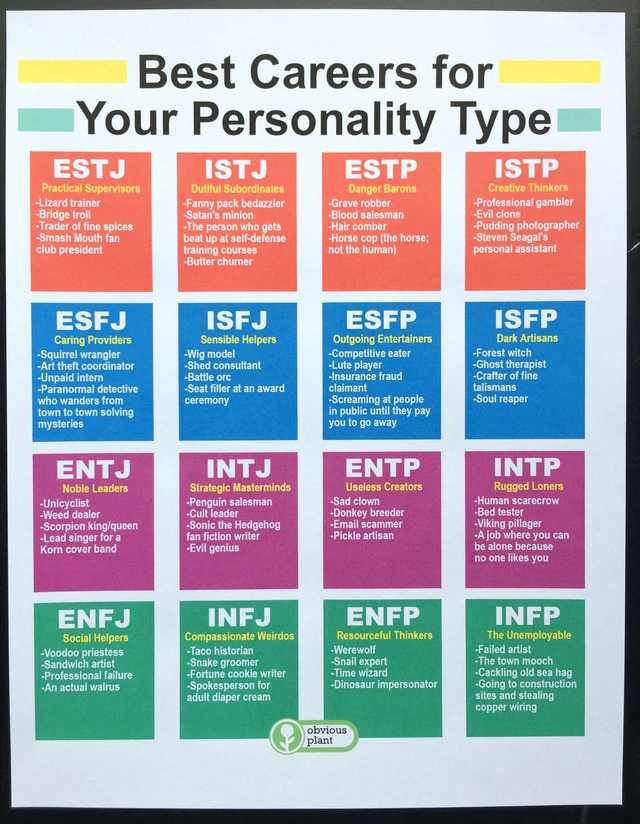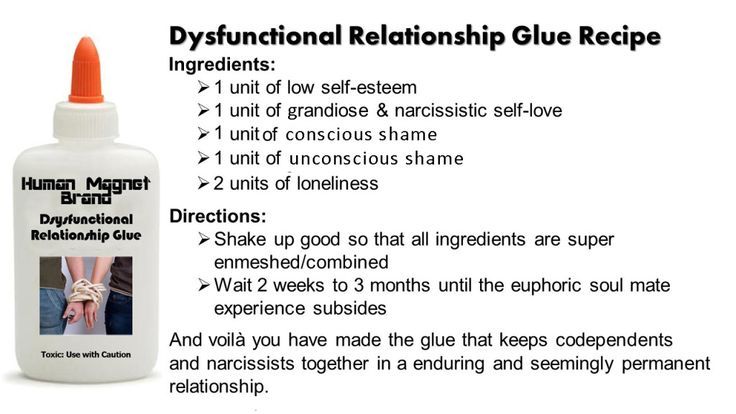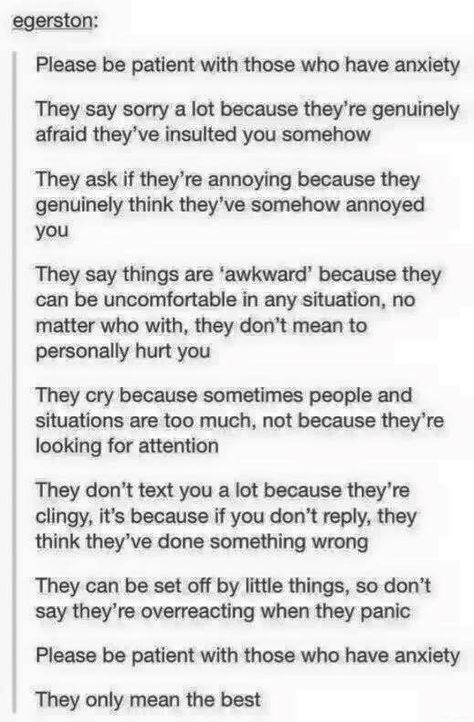Do therapists have favorite clients
Do Therapists Have Favorite Clients? 👩⚕️😷
At Safe Sleep Systems, we’re supported by our audience, and we thank you. As a BetterHelp affiliate, we may receive compensation from BetterHelp if you purchase products or services through the links provided at no additional cost to you.
Ever wondered if therapists enjoy the presence of some of their clients more than others? If so, does that mean that the “favorites” get better treatment than others? These are critical questions because the consensus is that a licensed therapist is supposed to be one of the most unbiased professionals, and having favorites might compromise that.
Most therapists have favorite clients, even if few practitioners will admit it. A therapist, counselor, psychotherapist, or clinical psychologist may gravitate more towards a particular client or patient because they have a special appreciation for their personality. The patient is a better fit for their skill set or only due to their unique moments.
The Five Biggest Sports Clubs In Th...
Please enable JavaScript
The Five Biggest Sports Clubs In The World
Read on for details on whether it’s ethical for a therapist to have favorite clients, why most therapists do, and whether that means better treatment for such patients.
Contents
- 1 Is It Ethical for a Therapist To Have a Favorite Client?
- 2 Do Therapists Have Favorites?
- 2.1 The Client/Therapist Fit
- 2.2 Patients Have Varying Personality Traits
- 2.3 Some Therapists Value Moments With Some Clients More Than Others
- 3 Does Being a Therapist’s Favorite Get You Better Treatment Than Other Clients?
- 4 Summing Up
- 5 References
Is It Ethical for a Therapist To Have a Favorite Client?
This question stems from the fact that dual relationships amount to ethical violations in the mental health community. In therapy, a dual relationship exists when your therapist is also your friend or sex partner and is recognized by the American Psychological Association as one of the many potential ethical violations practitioners must avoid.
Being friends with your therapist can harm your progress for a pretty simple reason: psychotherapy is inherently an imbalanced relationship, and it must remain that way to be effective. The client opens up, and the therapist doesn’t.
Such an arrangement is necessary because it allows sessions to be exclusively focused on the client’s issues, not those of the therapist. The rationale for this is that when the therapist doesn’t reveal much, it allows the client to view them as a trustworthy, caring listener who’s exclusively devoted to helping them figure out their issues.
When friendship enters the client-therapy relationship, it becomes two-sided. In simpler terms, it becomes a two-way street as far as sharing is concerned, meaning you’re not the only one who’s opening up: your therapist does, too. That would compromise the therapist’s professional performance or negatively affect you, the client.
To revisit our ethical question, whether it’s unethical to be your therapist’s favorite hinges on why they view you that way. If it’s because you two share a two-way connection that’s deep enough to amount to friendship, then it’s unethical to be your client’s favorite.
If it’s because you two share a two-way connection that’s deep enough to amount to friendship, then it’s unethical to be your client’s favorite.
An easy way to know if your therapist views you as a friend is to track how much they share about themselves outside of-and-during sessions. If they share a lot, they view you as both a friend and a client, which implies a professional relationship breakdown.
Do Therapists Have Favorites?
Most therapists do have favorite clients, but few would dare to admit it because it’s generally frowned upon in the mental health community. However, it’s more about enjoying working with a particular client than it is about favoritism because being a therapist’s “favorite” doesn’t always mean that you’ll get better treatment than other clients.
So why do therapists enjoy working with some clients more than others?
Let’s take a look at the three most common answers to that question in the next section.
The Client/Therapist Fit
Several factors may contribute to a therapist gravitating more to a given client, but the client/therapist fit is probably the most common explanation. Like other medical practitioners, many therapists have a specialty, and they arrive at that by examining the types of clients that fit their skills exceptionally well.
Like other medical practitioners, many therapists have a specialty, and they arrive at that by examining the types of clients that fit their skills exceptionally well.
Understand that having a specialty doesn’t necessarily mean that a therapist exclusively treats one specific condition. Take a counseling psychologist, for example. On a typical day, they may work with patients with a range of problems that include:
- School/career adjustment issues
- work/school retirement transition concerns
- Family and marital issues
- Stress management and handling adverse life events
- Identity development, and many more
With such a diverse group of patients, a counseling therapist may look forward to some sessions more than others because they align more with their skillset. That’s why finding the right client/therapy fit is so important. This isn’t a problem in a therapy room setting because the practitioner can determine whether you two are an ideal fit.
But when seeking counseling through online platforms, you need to screen your options to ensure that they have a client/therapist matching mechanism. Blahtherapy is one such platform. Anyone seeking counseling through the platform is asked to fill a questionnaire, and the responses to the provided questions help match clients to the right therapist.
Patients Have Varying Personality Traits
A therapist may also favor a particular client due to the sheer fact that it’s in their (and everyone’s) nature to gravitate more to certain personalities than others. After all, therapists are still human, with likes/dislikes like everyone else.
There’s also the fact that their profession typically involves engaging one on one with people. Naturally, this creates an “attraction” to some clients because therapy, in many ways, is all about forming fruitful relationships. The way a therapist relates with client A can’t be the same as how they connect with client B because the individuals involved in each relationship are different.
Thus, it’s not uncommon for therapists to develop a special appreciation for a particular patient’s personality as reflected by things like intellect, communication style, sense of humor, and so on. That’s people with varying personality traits will elicit different feelings in a therapist.
Depending on the potential client, some sessions may feel joyful, relaxed, tense, or sad. Some patients may elicit more of one or a combination of these feelings, leading the therapist to look forward to some sessions more than others.
Some Therapists Value Moments With Some Clients More Than Others
Instead of having favorite clients, some therapists treasure the moments they share with particular patients more than others. But since this distinction isn’t always clear, the clients they share such moments with can sometimes be viewed as the therapist’s favorites.
Typically, therapy sessions are filled with moments. There are moments of triumph, vulnerability, laughter, love, breakthrough, and so on. Throughout his/her career, a therapist will share a variety of these moments with different people.
Throughout his/her career, a therapist will share a variety of these moments with different people.
Therapists, being among the most self-conscious professionals on the planet, will know the kinds of moments they enjoy more and may gravitate more to the types of patients whose presence elicits such moments.
That’s why it’s not uncommon for a given patient to spring to a therapist’s mind more quickly because of a specific moment they shared. In such a case, would that patient qualify as the therapist’s favorite? Probably.
Does Being a Therapist’s Favorite Get You Better Treatment Than Other Clients?
The short answer is no. Part of a therapist’s training is knowing how to handle different clients, including those they don’t like. It’s their job to find a way to put all their feelings aside and administer the most effective treatment for each client regardless of how much they like or dislike them.
Also, part of being a professional therapist is resisting the urge to show familiarity and strong feelings based on a special connection they share with the client. In simpler terms, this means acting with professional boundaries, such that none of the clients know who you enjoy working with more, including the favorites. Doing this helps keep the client/therapist relationship purely professional and therapeutic.
In simpler terms, this means acting with professional boundaries, such that none of the clients know who you enjoy working with more, including the favorites. Doing this helps keep the client/therapist relationship purely professional and therapeutic.
Summing Up
That’s it for today’s discussion. In a nutshell, we’ve established that while it’s true that most therapists have favorites, few would care to openly admit it because it’s generally frowned upon in the mental health community.
A therapist may have a favorite client due to a better client/therapist fit or a special appreciation for their personality traits. Other times, favorites can emerge due to shared moments between the client and the therapist. However, being a therapist’s favorite doesn’t earn you better treatment than other clients.
Betterhelp 10% Off First Month
Talkspace $65 Off First Month ‘APPLY65’
References
- Reddit: Question for therapists… Do you have favorite clients? : TalkTherapy
- Psychcentral: Therapist Confesses: How I Really Feel About My Clients
- Verywell Mind: Can Clients and Therapists Be Friends?
- Quora: Does a therapist have favorite clients? If so, does that affect the work that they do with their clients?
- Tamara Suttle: The Secret That You Absolutely Must Tell
- American Psychological Association: Potential ethical violations
- Safe Sleep Systems: BlahTherapy: An Honest Review (Cost, Effectiveness, Safety)
Was this article helpful?
YesNo
Reddit - Dive into anything
Looks like you're using new Reddit on an old browser. The site may not work properly if you don't update your browser ! If you do not update your browser, we suggest you visit old reddit .
The site may not work properly if you don't update your browser ! If you do not update your browser, we suggest you visit old reddit .
Press J to jump to the feed. Press question mark to learn the rest of the keyboard shortcuts
Search all of RedditFound the internet!
Feeds
Popular
Topics
ValheimGenshin ImpactMinecraftPokimaneHalo InfiniteCall of Duty: WarzonePath of ExileHollow Knight: SilksongEscape from TarkovWatch Dogs: Legion
NFLNBAMegan AndersonAtlanta HawksLos Angeles LakersBoston CelticsArsenal F.C.Philadelphia 76ersPremier LeagueUFC
GameStopModernaPfizerJohnson & JohnsonAstraZenecaWalgreensBest BuyNovavaxSpaceXTesla
CardanoDogecoinAlgorandBitcoinLitecoinBasic Attention TokenBitcoin Cash
The Real Housewives of AtlantaThe BachelorSister Wives90 Day FianceWife SwapThe Amazing Race AustraliaMarried at First SightThe Real Housewives of DallasMy 600-lb LifeLast Week Tonight with John Oliver
Kim KardashianDoja CatIggy AzaleaAnya Taylor-JoyJamie Lee CurtisNatalie PortmanHenry CavillMillie Bobby BrownTom HiddlestonKeanu Reeves
Animals and PetsAnimeArtCars and Motor VehiclesCrafts and DIYCulture, Race, and EthnicityEthics and PhilosophyFashionFood and DrinkHistoryHobbiesLawLearning and EducationMilitaryMoviesMusicPlacePodcasts and StreamersPoliticsProgrammingReading, Writing, and LiteratureReligion and SpiritualityScienceTabletop GamesTechnologyTravel
Create an account to follow your favorite communities and start taking part in conversations.
r/
TalkTherapy
r/TalkTherapy
This thread is archived
New comments cannot be posted and votes cannot be cast
r/TalkTherapy
Have a question about something that happened in therapy? Want to know how your experience compares to other peoples? Wondering what the heck your therapist is talking about? Thinking about going into therapy but want to know what it's like from a patient's perspective? Share your psychotherapy stories and questions here. Clients and therapists are both welcome to exchange perspectives and ideas. Please be kind to each other.
Created Aug 2, 2015
78.9k
Members
261
Online
Reddit and its partners use cookies and similar technologies to provide you with a better experience.By accepting all cookies, you agree to our use of cookies to deliver and maintain our services and site, improve the quality of Reddit, personalize Reddit content and advertising, and measure the effectiveness of advertising.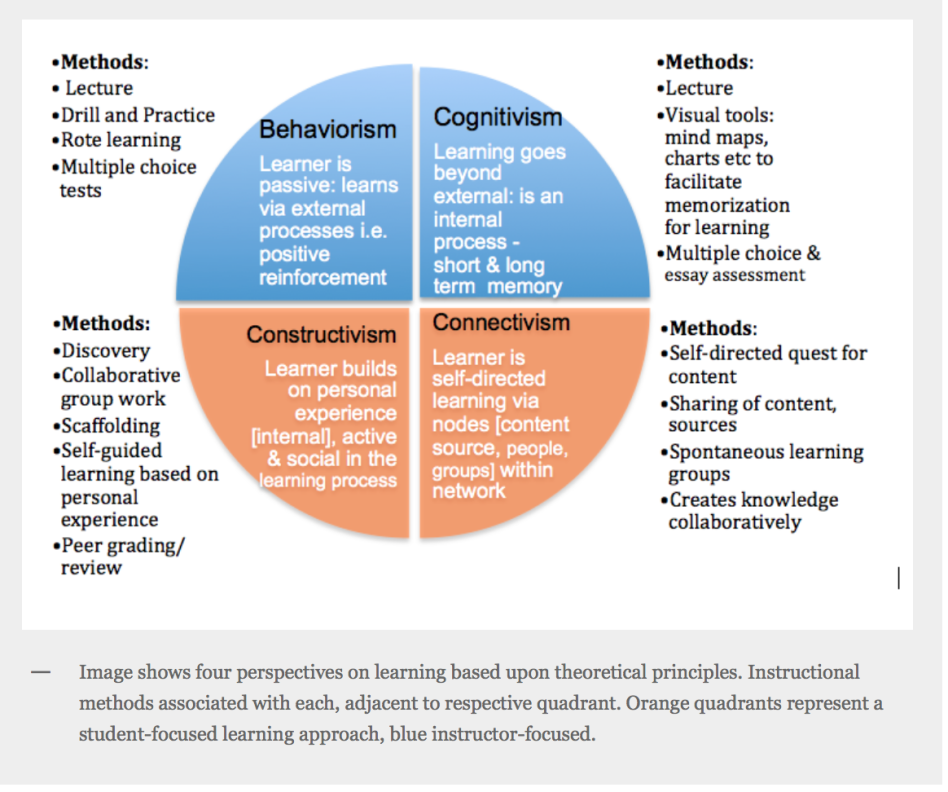 By rejecting non-essential cookies, Reddit may still use certain cookies to ensure the proper functionality of our platform.For more information, please see our Cookie Notice and our Privacy Policy .
By rejecting non-essential cookies, Reddit may still use certain cookies to ensure the proper functionality of our platform.For more information, please see our Cookie Notice and our Privacy Policy .
Advertisement
A special bond: how the relationship between the psychologist and the client is built
21,447
Knowing oneself A person among people
Love, but not actions ) psychotherapy. Just starting it, we feel that it has become very difficult to do without this person. And this despite the fact that we strive to become freer, gain greater independence. The terms of meetings with the therapist are rigidly “formalized”, and at the same time, it is these relationships that give us a sense of security, allow us to become extremely sincere, share memories, and speak openly about desires and fears. (Provided that we have found a good specialist and feel we can trust him.)
On the part of the psychotherapist, the decision to work with the patient also comes on the basis of a subjective feeling. Including because between them there is a resonance, which allows a therapeutic relationship to begin. This emotional unconscious response was reflected by Sigmund Freud in terms of "transference" and "countertransference".
Including because between them there is a resonance, which allows a therapeutic relationship to begin. This emotional unconscious response was reflected by Sigmund Freud in terms of "transference" and "countertransference".
“Transference,” explains psychoanalyst Andrey Rossokhin, “is a process in which the patient, without realizing it, endows his analyst (psychotherapist) with the qualities of various people, relationships with whom played a large role in his life, mainly in childhood. At the same time, he re-experiences the feelings, desires, fears that these people once aroused in him, and begins to experience them in relation to his analyst. And in response, he also experiences certain emotions that make up his countertransference. These mutual feelings make it possible to understand what the patient's painful experience is and to move forward in treatment. nine0003
The therapist may experience a variety of feelings, including tenderness and even attraction to the client or client, but the transition to action is excluded.
“Sexual relations “therapist and client” are impossible,” stresses the Gestalt therapist Nifont Dolgopolov. - This principle provides the client with complete security: he can freely express himself and any of his feelings without fear of abuse by the therapist. In Gestalt therapy, there is no prohibition on erotic feelings, the therapist can flirt in response to the client's flirting, but this happens only as part of the therapeutic process. nine0003
The one to whom we reveal our true "I"
Many of us are the children of working parents who did not have time to seriously engage in education. And for us, a psychologist or psychotherapist becomes an ideal interlocutor: finally, they are interested in us, they accept us. A psychotherapist who listens to us without giving judgments and advice is the one to whom we are ready to reveal our secrets, our true "I", our shadow sides, oddities and quirks, new facets of our being.
As it happened with 41-year-old Veronica: “During psychotherapy sessions, I am no longer the wife of such and such, not the daughter of such and such . .. I am only me and exactly me, the way I am at this very moment. I am accepted in this capacity, and I fully experience my own uniqueness. nine0003
.. I am only me and exactly me, the way I am at this very moment. I am accepted in this capacity, and I fully experience my own uniqueness. nine0003
Every psychotherapist was (and still is) a client
Sometimes you might think that the difference between the therapist and us is like between heaven and earth. But this is not so: every psychotherapist must undergo psychotherapy himself. “This is our professional duty,” says Nifont Dolgopolov. “Not only during our studies, but also when we start practice, we go through personal therapy, because due to the nature of the profession, negative conditions accumulate, and they need to be worked out.” nine0003
It seems that the only psychotherapist left without professional help was Sigmund Freud. He tried to conduct his own analysis, but he did not quite succeed. For example, he overcame his fear of the railway, but became afraid of being late and arrived at the station a few hours before the train departed.
Money is part of the contract
Listening and being present without judgment is the essence of the psychotherapist's profession (and we can't find it anywhere else). This service is paid. In this case, money is an important tool of therapy. “Payment is a guarantee of the client’s independence,” says Nifont Dolgopolov, “it helps him free himself from a sense of duty towards the psychotherapist.” nine0003
This service is paid. In this case, money is an important tool of therapy. “Payment is a guarantee of the client’s independence,” says Nifont Dolgopolov, “it helps him free himself from a sense of duty towards the psychotherapist.” nine0003
It took a while for 42-year-old Alice to understand this: “I wanted to please my therapist and be the perfect client. So I only told funny stories. But gradually I realized that I pay for this time, which means that it belongs to me and I can dispose of it as I see fit. It was a grand realization: there was something in the world just for me! And then I allowed myself to tell the therapist everything ... And the therapy finally began.
Therapist is the “wrong friend”
Psychotherapy sets clear limits: regular sessions, special rituals for each type of therapy, limited time, known payment. And, since all the restrictions are already set, inside them there is a field for the emergence of real freedom. The psychotherapist knows how not to put his mood, his feelings, his personality in the foreground.
“If I spend time with a friend, we exchange information as equals,” continues Nifont Dolgopolov. He tells me about his life, and I tell him about mine. I tell him about my experiences, because I enjoy it, I want it. Not so with the client. I listen to him. I do not hide my feelings, but when I say something to him, I do it with a strictly defined therapeutic goal: to help him deal with his problems. Therefore, the psychotherapist is always the “wrong friend.” In relations with the client, he maintains a distance that is beneficial to the client. nine0003
The ethical code of the profession forbids psychotherapists not only sexual relations, but even friendship with clients, because it can disrupt the therapeutic relationship and damage therapy.
Respect and not evaluate
“The feeling of trust in the therapist, the conviction that this particular person will help, of course, is subjective, but this is the first and, perhaps, the main step towards solving personal problems,” Andrey Rossokhin believes. The therapeutic connection works like an echo: what happens to the client in the session repeats the events of his life. Are you angry with your therapist for talking too much in sessions? Fight for your territory. Is it difficult for you to bear being separated from him? Together with him, learn to part with those you love. nine0003
The therapeutic connection works like an echo: what happens to the client in the session repeats the events of his life. Are you angry with your therapist for talking too much in sessions? Fight for your territory. Is it difficult for you to bear being separated from him? Together with him, learn to part with those you love. nine0003
By developing a special connection with the therapist, therapy allows us to reconsider the habitual ways in which we enter into relationships with other people. “And he teaches to respect the other without judging him and respecting himself at the same time,” adds Nifont Dolgopolov.
Walk a part of the way together
The personality of the therapist is of great importance for the outcome of therapy. “Real presence is needed; so that you have a living person in front of you, - Nifont Dolgopolov is sure. “You can consult a brilliant intellectual and get nothing but dry information. In addition, when you spend time with a person who has a real life experience, when you feel that this person suffered, loved, forgot himself for the sake of others, was able to collect himself after experienced trials, this communication can become a new source of energy for you. nine0003
nine0003
It is impossible to predict what these meetings will be like, because each union of a psychotherapist and a client is unique. Turning to a psychotherapist means going through part of the life path, having at your disposal the personal and professional experience of the person you yourself have chosen. But if with some professional your contact does not add up, you can always turn to another.
Another paradox of therapeutic relationships is that they end sooner or later. “When a patient gains the ability to think about himself as a psychotherapist, this means that he is already strong enough to continue the inner work on his own,” says Andrey Rossokhin. “At this point, therapy can be completed.” nine0003
Text: Irina Grats Photo source: Getty Images
New on the site
Cuckold: what kind of men and why do they like cheating partners
Infantilism, fear of intimacy, Munchausen syndrome: why a man cheats - 6 main reasons
to polygamy”: why men really cheat — 2 main reasons
“Don’t come near or I’ll cut off my finger”: what the film “Banshee of Inisherin” is about
“For three months now I’ve been dreaming that I’m dying in a car accident. Began to be afraid to drive a car0003
Began to be afraid to drive a car0003
How to create a feeling of home: psychologist's advice
“A fat day”: what to do when the reflection in the mirror is not pleasing
“My husband has become irritable. Just a little offended”
Honestly about the work of a psychotherapist - Afisha Daily
Sense and feelings
Milana Logunova
February 25, 2020 17:34
Afisha Daily asked the family psychologist and sexologist Marinel Travkova about 10 embarrassing questions learned whether psychotherapists tell the secrets of their clients, whether therapy can make things worse, and why one should not enter into romantic relationships with clients. nine0003
Becoming a psychotherapist to solve personal problems?
It is believed that there are two main motivations: to understand how one works and remake oneself, and the second is to understand how others are arranged and remake them. We all have personal problems, so this can be said about any person who goes to study as a psychotherapist.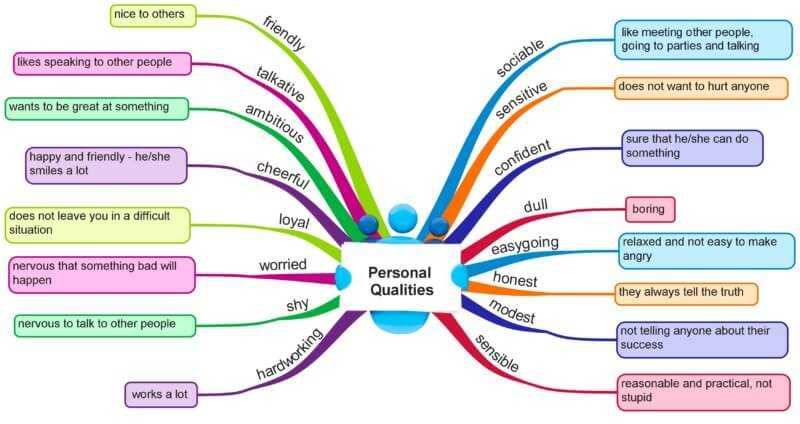
Do psychotherapists often burn out?
Often, this is one of the professional risks. Burnout looks like insensitivity to others, fatigue, loss of interest in work and indifference. nine0003
Do you tell someone about customer problems?
Psychotherapists and psychologists should not share their clients' stories without their permission. But there are contexts where it is impossible not to resort to client stories: in training, supervision, observation of a colleague by a more experienced psychotherapist. or intervisionGroup work of psychotherapists of equal status to exchange professional experience. In such cases, details and clients are anonymized. To be honest, psychotherapists consult with each other all the time, but without names and details . Telling customer stories to friends or family members are early-stage mistakes, and professionals don't make them.
Is it difficult not to “treat” loved ones?
It is hardly possible not to use your knowledge at all in everyday life. When you study, you find all [diagnoses] in yourself and try to classify everyone around. Then it passes. People who are trying to get quick advice are usually not really looking for help, so there is not much point in investing your soul. And for people who get scared when they find out that I'm a psychologist, I have a joke: "Don't be afraid, I don't work for free." nine0003
When you study, you find all [diagnoses] in yourself and try to classify everyone around. Then it passes. People who are trying to get quick advice are usually not really looking for help, so there is not much point in investing your soul. And for people who get scared when they find out that I'm a psychologist, I have a joke: "Don't be afraid, I don't work for free." nine0003
Do you give advice to your clients?
Psychotherapists give advice, but rarely and reasonably. We cannot give advice for which we are not responsible. You can not advise to have or not to have an abortion, to divorce or not to divorce. Psychotherapy is not a magic wand, and clients make their own decisions.
Could it get worse after seeing a therapist?
Not all people have to go to a therapist, [you can go] only in difficult life situations and when necessary. nine0105 Going to a psychotherapist should not make things worse, but, unfortunately, this happens : if the specialist behaved incorrectly. Usually this is due to a lack of knowledge [of the psychotherapist] in some area.
Usually this is due to a lack of knowledge [of the psychotherapist] in some area.
Have you ever felt guilty towards a client?
Yes, and I still do. I tend to be perfectionists and often feel guilty and frustrated when I didn’t see or take into account some details from the very beginning and didn’t find the best solution [to a problem] right away.
Can a client and a therapist fall in love with each other?
It is not uncommon for a client to fall in love with a therapist. Psychotherapy is a close, special contact, a safe place where people reveal their vulnerable sides, there is a great temptation to mistake the comfort and security experienced for love.
It's easy to seem attentive and sensitive an hour a week, it's another thing in real life. That is why therapists are prohibited from sexual, romantic and friendly contact with clients.
When a therapist feels infatuated or attracted to a client, he needs supervision to remember that the intimacy created in psychotherapeutic contact is sincere, but with limitations: the client must one day stop needing the therapist. Taking advantage of a client's love is a serious ethical violation, it is an exploitation of a professional role. nine0003
Taking advantage of a client's love is a serious ethical violation, it is an exploitation of a professional role. nine0003
What do you do if a customer pisses you off?
The influence of personal views on life, on work should be monitored and cut off. If the client is unsympathetic, then the therapist's first question to himself is: "Why? What can't I accept?" If I'm bored with a client, it could be a sign of burnout. The therapist himself must refuse to work if he suspects that his personal principles will seriously conflict with the worldview of the client and this will negatively affect the work. So, many colleagues refuse to work with pedophiles or murderers. nine0003
Why are psychotherapy sessions so expensive?
The minimum period of training or retraining is two years, and if you count the hours of supervision and personal therapy that therapists undergo, then the diploma of such a specialist is expensive. Hence the price per session, which also includes the cost of renting an office.